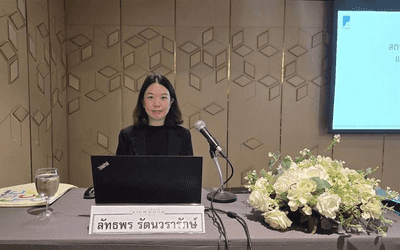Not Over the Hill: Exploring the Digital Divide among Vulnerable Older Adults in Thailand
Abstract
In today’s world, where digital transformation offers numerous benefits, its uneven distribution—often driven by socioeconomic and demographic factors—can exacerbate social inequalities. This study explores the digital divide among vulnerable elderly populations in Thailand, drawing on survey data collected in Lampang province, a region with one of the highest proportions of older persons relative to its population. Focusing on their digital skills and access to government welfare services, we assess digital competence across five key domains: information literacy, communication, online safety, problem-solving, and confidence in engaging with online activities. The findings reveal significant gaps in digital literacy, with limited device ownership and internet access identified as critical barriers. Logistic regression analysis indicates that education, income, and personal access to technology are significant predictors of digital competence. While the results are region-specific, they provide important insights into the challenges faced by older populations in similar socioeconomic contexts. The study underscores the urgent need for targeted interventions, such as digital skills training and increased access to affordable technology, to promote inclusion and enhance the quality of life for older adults. These efforts are crucial for reducing disparities and ensuring equitable participation in Thailand’s increasingly digital society. Therefore, implementing policies and interventions that effectively address this divide is essential to fostering greater social and digital inclusion.










